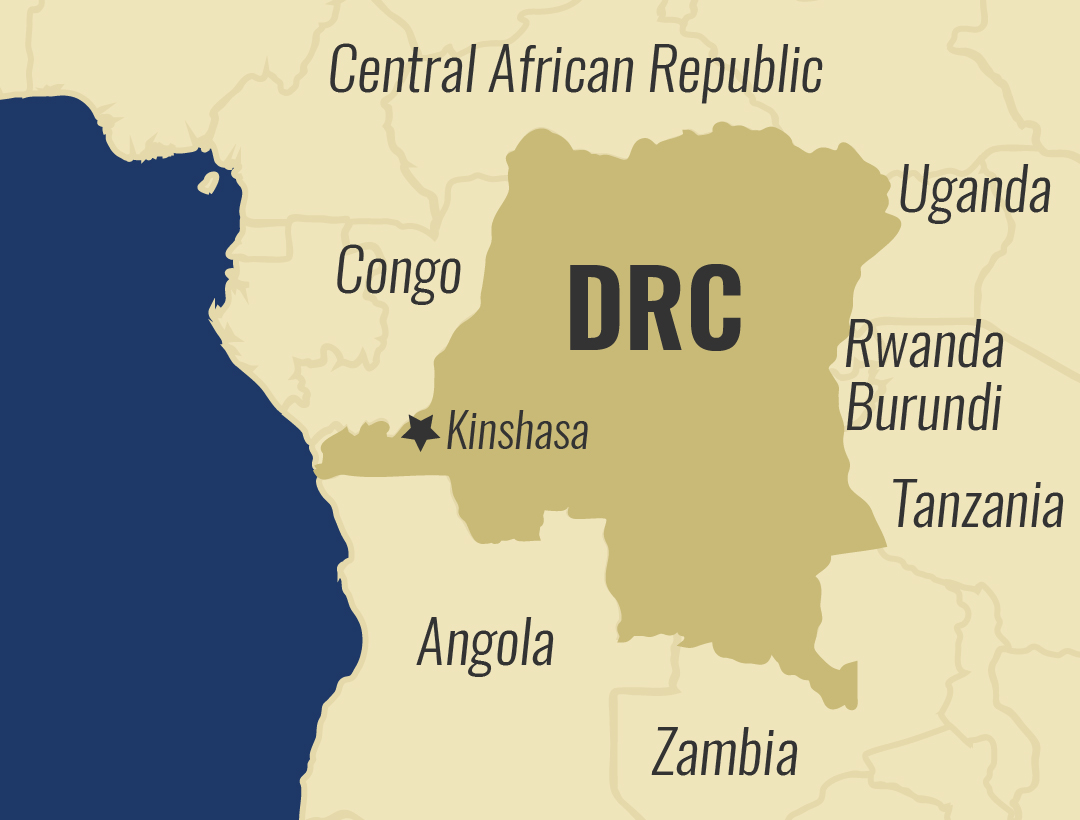Faces of Africa – My Mandela: Khalo’s Letter to Madiba
The lens focusing through the history of a country is due to come across events, seasons and regimes that may ignite joy or pain printed in memories. Memories that never want to fade away. Khalo Matabane is a South African filmmaker. He grew up in the village. He did not have access to television, movies but there was great storytelling. His grandmother filled his little childhood mind with stories, stories of freedom, of liberation struggle and much more about one man that Khalo imagined would come like a warrior with his army, defeat the enemy and rescue the black South African community. That man was Nelson Mandela.

Khalo is among the black South African filmmakers that rose to limelight at the end of apartheid in 1994. Khalo’s films have explored issues related to the struggles of South Africa during apartheid and its aftermath. In his film ‘when we were black- 2006’ childhood innocence is threatened with brutality of the apartheid system. In many of his films he blends documentary and fiction to get closer to the truth of South Africa. Though not a believer of saving the world through his films, he hopes his films raise pertinent questions. Violence and crimes are a reality in South Africa. In Khalo’s film ‘state of violence- 2010’, he asks the hard questions about what happens to a society that a dark and difficult past is not fully dealt with.
“South Africa has been an unjust society. It’s a difficult task to bring equality and justice for all within 17 years of 3 and half centuries of suffering,” tells George Bizos, Mandela’s advocate.

Apartheid was a system of racial segregation forced through legislation by the National Party governments which ruled from 1948 to 1994. The rights of the majority black inhabitants of South Africa were reduced and white supremacy rule was maintained. The system ignited internal resistance. In the 1950s a series of popular uprisings and protests led to the banning of opposition and imprisoning of anti-apartheid leaders. Nelson Mandela was against apartheid and he was sent to prison in Robben Island in West of Cape Town. The day he was released from jail 27 years later, Khalo and many other black South Africans were happy. Khalo was very happy that the ‘warrior’ he envisioned would come with an army.
“When he came out he looked frail and in suit. That image of him didn’t match my memory. This was not the Mandela I imagined.” Much to his disappointment Mandela talked of forgiveness and reconciliation.
“If we don’t forgive them, that feeling of bitterness and revenge will be there. Let us forget the past. Let’s concern ourselves with the present and the future,” Mandela’s speech after his release from prison in 1994.
In his upcoming documentary ‘A Letter to Madiba’, Khalo explores Mandela’s philosophies of freedom, forgiveness and reconciliation and asks questions whether they echo in an unjust world, plagued with conflict and war.

Mandela’s reconciliation policy made him popular. Internationally he was seen as a leader fighting for democracy, freedom and hope, but to black South Africans, there was utter disappointment. They wondered what had happened to the young revolutionary who called for armed retaliation and the man who came from prison talking about forgiveness. But however disappointed they were, they supported Mandela.
“Black people then, knew that their situation was not going to change. They felt they were the sacrificial lamb. But they hoped their sacrifice would make their children’s future better. But what they did not know is that their own children’s lives would mirror their own,” says Khalo.
At a time when South Africans are evaluating Mandela’s legacy, Khaloonly hopes that ‘A letter to Mandela’ documentary is one step to understanding the history of South Africa.






